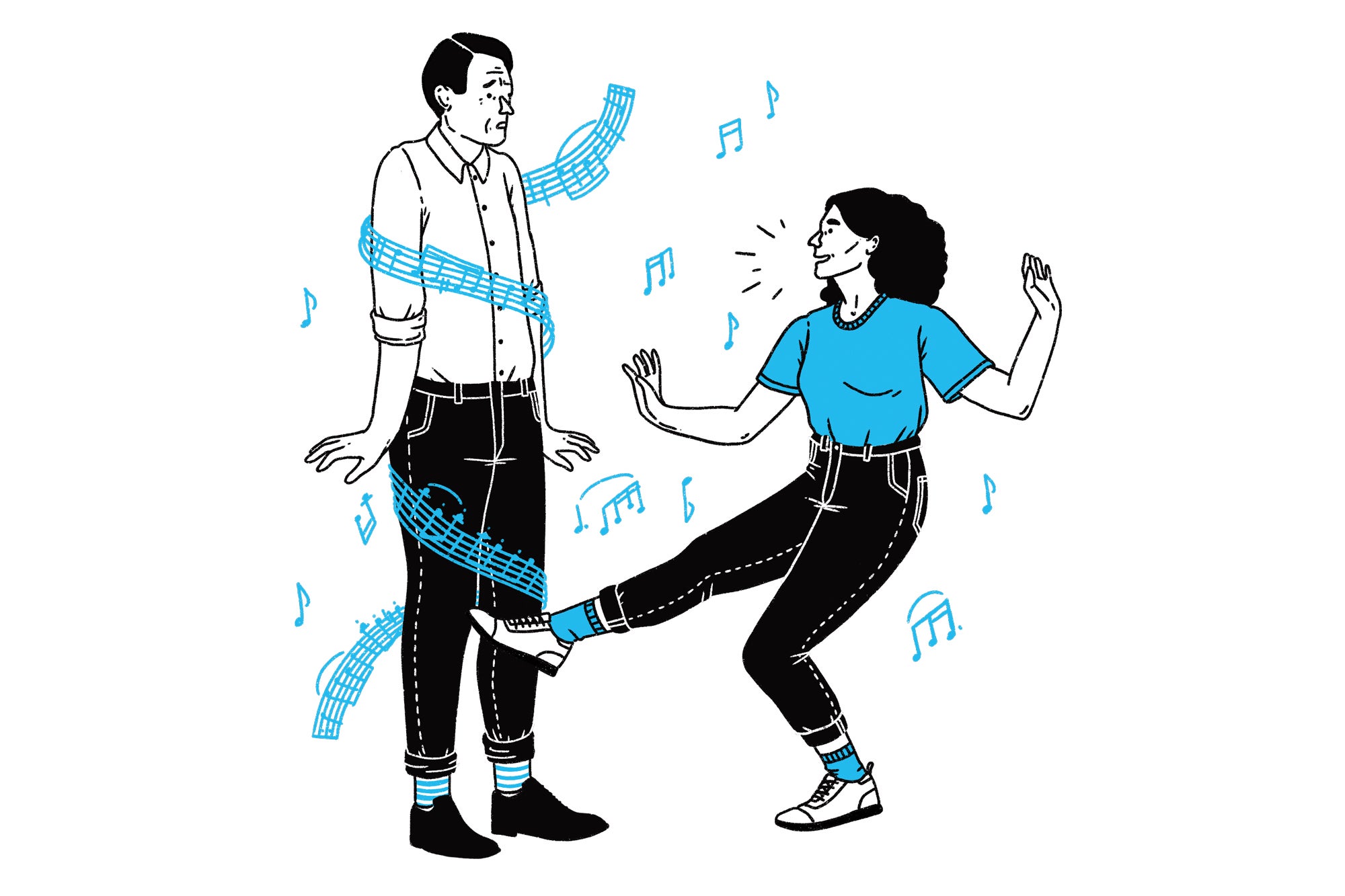I Used to Dance
When I was younger I used to love to dance. Once I started playing and studying music I was less interested in dancing and perhaps more self-conscious about it.
A few months ago, I did a series of videos where I was riffing on the idea that music is "weird". Music is weird in Western cultures not because the music itself is weird (although it certainly can be), but that because it always exists on the periphery and isn't readily integrated into everyday life for social cohesion as it is in other cultures. We can't just break into rhythm and song in our corporate roles, even though American culture is joined at the hip with many African elements. One cannot deny that there is at least one small thread in all American pop music that is connected to Africa in some way. Yet we find it so difficult to engage with music and flow of our everyday lives. Singing, or even dancing in a work environment is simply out of place, needless to say.
At a former job about ten years ago, the receptionist announced that we were going to meet in the conference room for a birthday celebration. At the gathering, the receptionist started to sing solo. Everybody seemed uncomfortable with this, including me, a musician. I have known musicians who had guitars in their offices propped up in the corner, which were never played. The instrument itself stands for the silenced musician because the cultural context is WEIRD.
The book The WEIRDest People in the World: How the West Became Psychologically Peculiar and Particularly Prosperous touches on this weird disconnect between the artificial personas in WEIRD societies and our tribal roots:
"In terms of communal rituals, the dance is perhaps the central unifying force, binding people together in very deep ways which we do not fully understand....Inspired by such ethnographic insights, psychological scientists have begun to systematically decompose rituals into their key elements. Rituals can be thought of as examples of ‘mind hacks’ that exploit the bugs in our mental programs in subtle and diverse ways." (p.76)


Comments